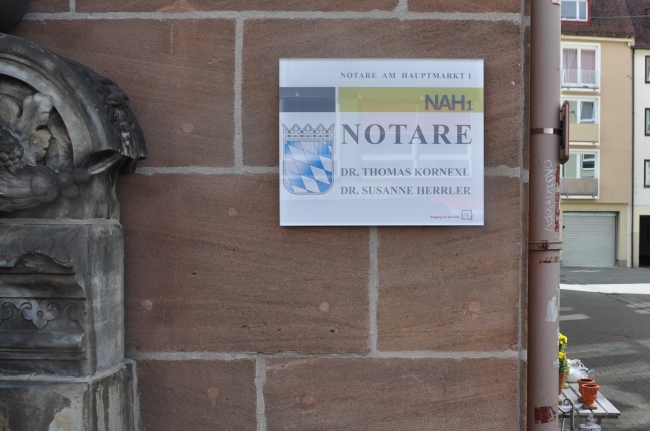 I was on holiday in Sri Lanka recently, and as I was driven around Colombo, I noticed many lawyers’ signboards (always white lettering on a black background) along the way. Every signboard proclaimed that the lawyer, called an attorney-at-law, was also a notary public.
I was on holiday in Sri Lanka recently, and as I was driven around Colombo, I noticed many lawyers’ signboards (always white lettering on a black background) along the way. Every signboard proclaimed that the lawyer, called an attorney-at-law, was also a notary public.
On my return to Malaysia, I had a look at the Sri Lankan Notaries Ordinance. Basically, every attorney-at-law is entitled to be appointed as a notary public. Thus, barring grounds for ineligibility such as a serious criminal conviction, a lawyer in Sri Lanka is entitled as of right to be appointed as a notary. The appointment is made by the relevant minister who may also appoint articled clerks as notaries. This perhaps explains the relatively high number of notaries in Sri Lanka. Looking at a list of notaries, I estimate there are several thousand in the country. I have used the photo accompanying this note showing a whole row of notaries to illustrate the point. The photo was not taken by me, but downloaded from Google images.
As in Malaysia, a notary is appointed to practice within a specified locality, not throughout the country. Unlike Malaysia, the minister will also specify the language in which the notary is entitled to practice, usually either English or Sinhala or possibly both.
A notary is enrolled in the High Court and it is this court which enquires into any allegations of misconduct or incompetence. The judge reports his findings to the minister who may, if such allegations are found to be true, suspend the notary or cancel his warrant to act as a notary.
The Notaries Ordinance is a wide-ranging statute, setting out in fairly great detail the manner in which a notary carries out his work. Thus, as a general principle, a notary must not “divulge the secrets confided in him” except with expression permission or if required by law. Going down to the minutiae, he must not notarise a document written on paper “which is not of a reasonably durable description”. He must be in his office from 10am to 1pm on Mondays to Thursdays unless prevented by sickness or other good cause. And so on. The argument for a detailed statute is that it gives the notary clear guidelines as to the manner in which notarial work is to be conducted, and what he can and cannot do as a notary.
The Ordinance prescribes the fees which can be charged. I do not know when the schedule of charges were last revised, but the sums are frankly ludicrously low. No wonder then that the Ordinance also allows parties to negotiate fees which may be lower or higher than the scheduled fees. Perhaps a similar rule is needed in Malaysia too as our charges were last revised many years ago.

